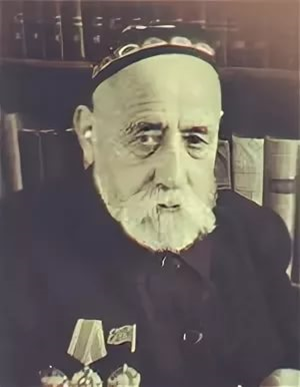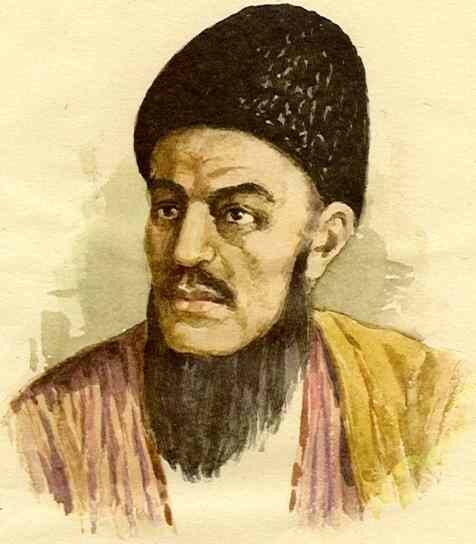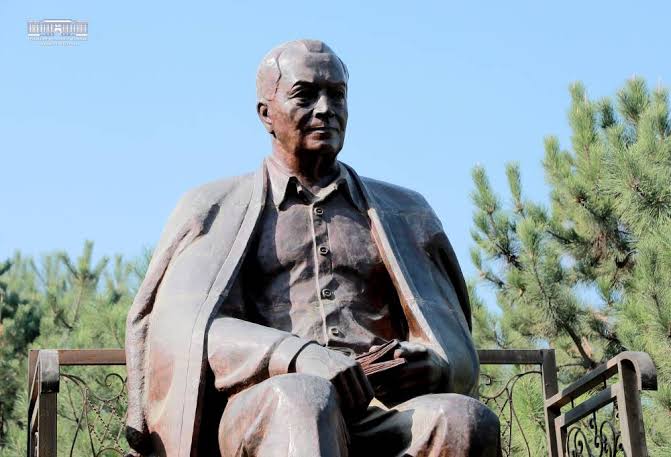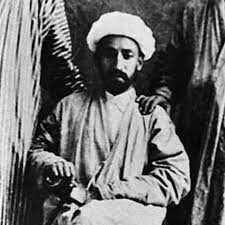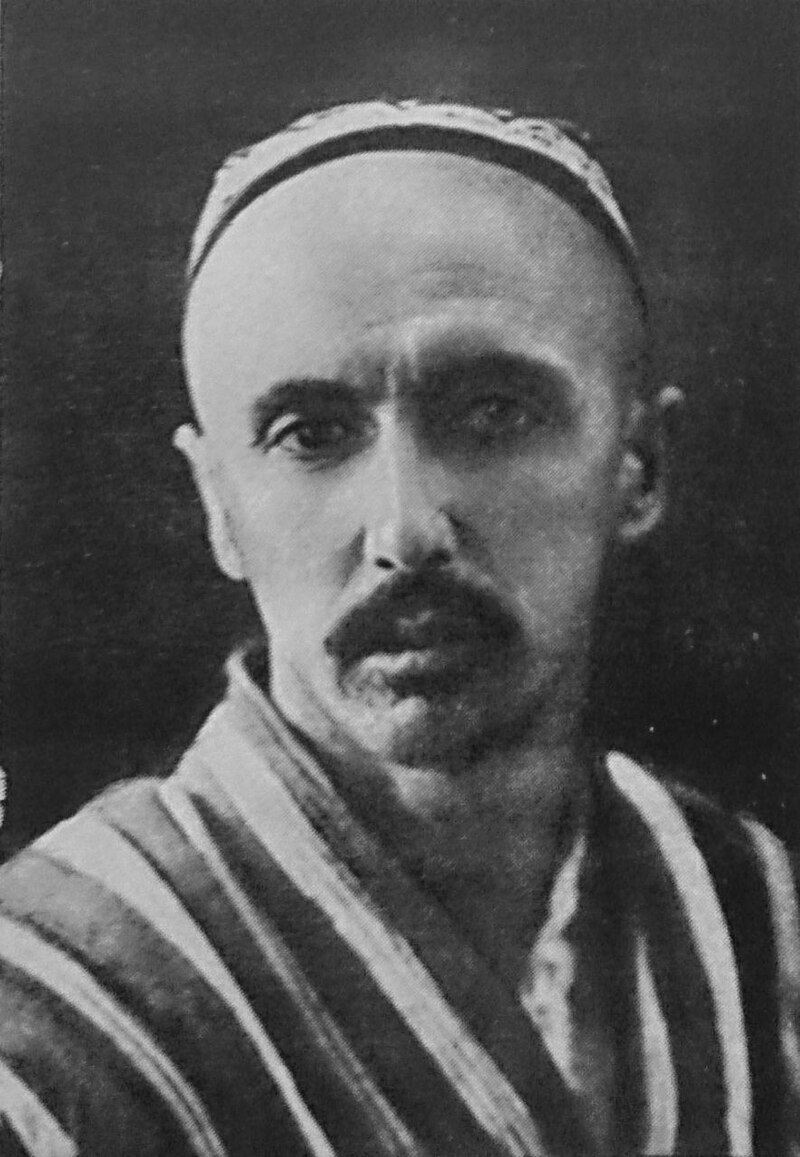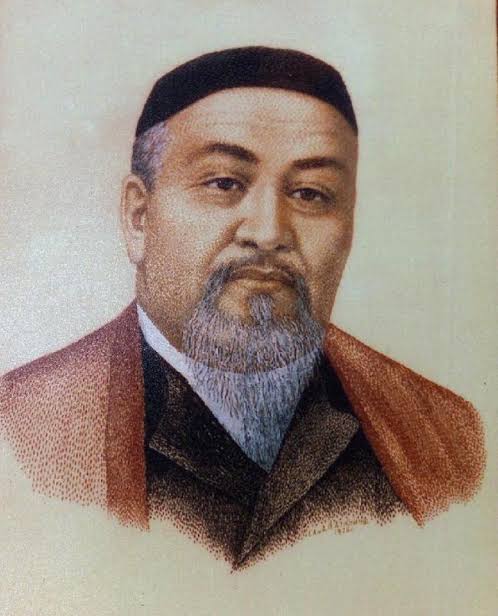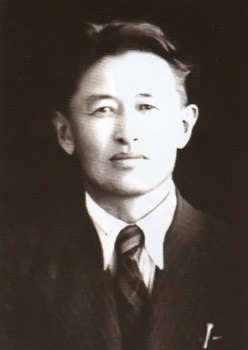Sadriddin Ayni (1878-1954)
Sadriddin Ayni, the national poet of Tajikistan, was a leader of fierce social change through his groundbreaking writing.
Ayni, an Uzbek/Tajik writer, was enamored by Central Asian intellectual groups from the beginning. While he studied in a madrassa, he came to know many prominent Uzbek intellectuals of the time, like Sadr-i Ziya and Damulla Ikram. It was around this time that Ayni started following Jadidism. The Jadid movement was a group of Turkic Muslims that believed in mixing Islamic beliefs and morals with modern lifestyles. The next important social connections Ayni made were with his coworkers at a cotton ginning plant in Türkiye, the likes of whom would star in his future writing.
Ayni’s early poems, in keeping with Central Asian literary culture, were mostly about love, nature, and human relationships with their surroundings. As his career progressed, he started writing more and more about social order and the problems with certain repressive societal norms. He was generally in favor of the Soviet Union, though he was able to get away with criticizing some of its actions in his later poetry. His portrayal of the Tajik national identity in his poetry as well as his participation in the government allowed his work to remain mostly uncensored.
Ayni also heavily criticized the Emir of Bukhara, whom he considered to be corrupt. Two of his most famous poems, “The Slave” and “The Bukhara Executioners” dealt with his contempt for the Emir.
Ayni was devoted to maintaining a Tajik national identity even while supporting the USSR. He wrote a Tajik-Russian dictionary to keep the language alive, and even wrote what is considered to be the first Tajik-language novel, “Dokhunda”. Even after being physically punished for speaking and writing in Tajik, Ayni continued to do so.
Through all of his work, Ayni made great bounds in preserving the national identity and literary culture of the Tajik and Uzbek people.
